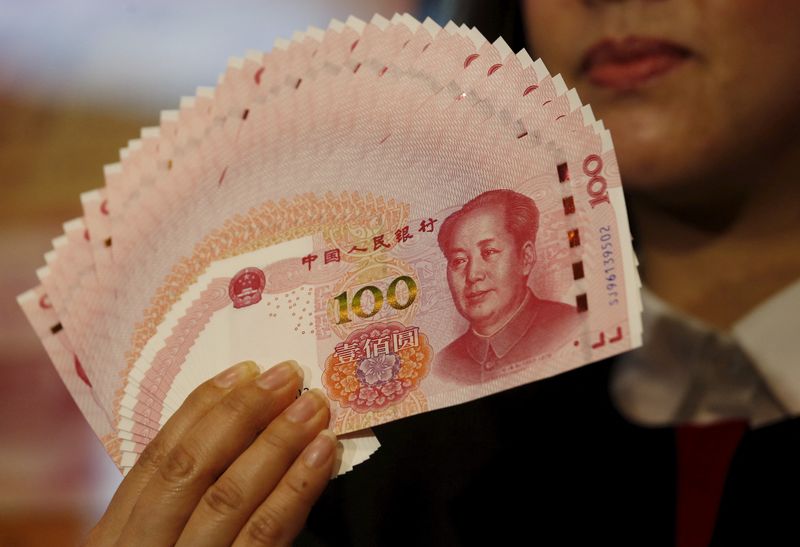By Ryan Woo, Ethan Wang and yukun zhang
BEIJING (Reuters) -In China’s tackle Squid Recreation, fraudsters are preying on the financially distressed in a slumping financial system with guarantees of prize cash, debt restructuring and different schemes that aren’t at all times what’s promised.
In contrast to the dystopian South Korean TV collection, which returns to the small display for a second season on Thursday, Chinese language gamers taking over “self-discipline” challenges don’t threat their lives in the event that they lose.
However courts have discovered some members in isolation challenges – who pay tons of of {dollars} to remain in a room for days, following prescribed guidelines within the hopes of successful as a lot as 1 million yuan ($140,000) – are being scammed. And regulators are warning folks about dodgy debt aid claims.
Isolation challenges, usually marketed on Douyin, as TikTok is thought in China, have risen in recognition this 12 months because the world’s second-biggest financial system slows. It grew on the weakest tempo in additional than a 12 months within the three months to September, spurring policymakers to pledge recent measures to spice up family incomes amongst different steps.
The lengthy lists of guidelines within the challenges embody rest room breaks not exceeding quarter-hour and bans on touching the alarm clock greater than twice a day.
Many gamers cry foul when they don’t survive their first day for infractions caught on surveillance cameras, which they dispute.
In October, a court docket within the jap province of Shandong ordered an organiser to refund 5,400 yuan ($740) in sign-up charges to a participant surnamed Solar, ruling the contract was unfair and “violated public order and good morals”.
Solar was attempting to win 250,000 yuan by surviving a 30-day isolation problem with guidelines forbidding smoking, use of digital gadgets, consumption of alcohol and speak to with anybody exterior the room.
On the third day of the problem, organisers stated Solar had coated his face with a pillow, breaking a prohibition on gamers obscuring their faces.
The Our on-line world Administration of China, which regulates the nation’s web, and ByteDance, proprietor of Douyin, didn’t reply to Reuters requests for remark.
The Nationwide Monetary Regulatory Administration (NFRA) warned the general public on Tuesday to not fall for “debt intermediaries” claiming to assist folks restructure their borrowings or enhance their credit score profiles.
Touting their companies by way of cellphone, texts, flyers and adverts on social media, such intermediaries declare they will help safe new loans or present momentary funds, however the regulator warned the companies include a excessive payment.
Intermediaries cost as a lot as 12% of the mortgage worth in “service charges”, the state-backed Nationwide Enterprise Every day stated.
One other scheme includes charging giant charges to ostensibly assist debtors restore their credit score information, based on the NFRA, which cautioned that debtors’ private info may additionally be leaked or offered.

China’s family loans totalled 82.47 trillion yuan ($11.3 trillion) in November, based on central financial institution knowledge.
($1 = 7.2988 renminbi)









